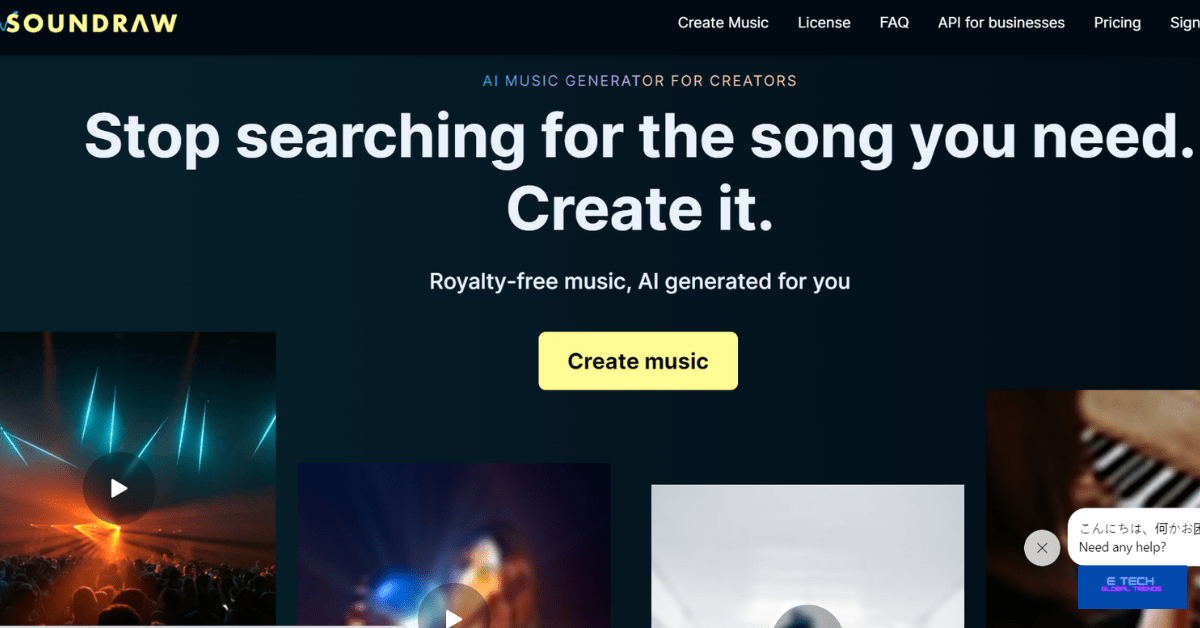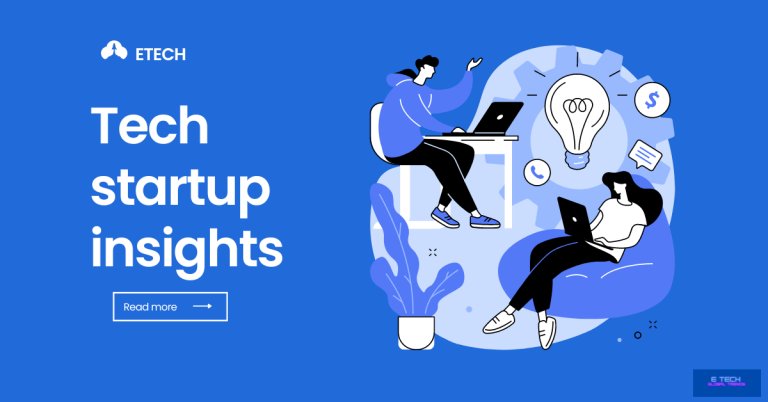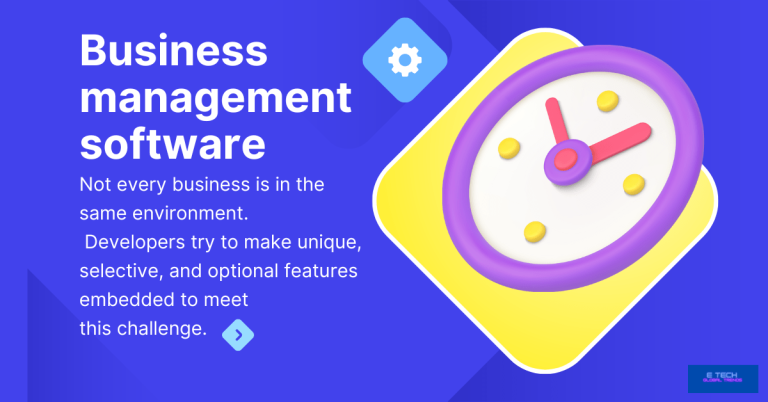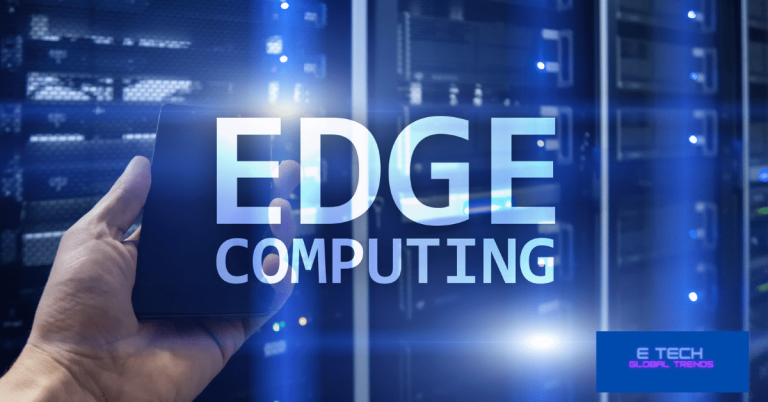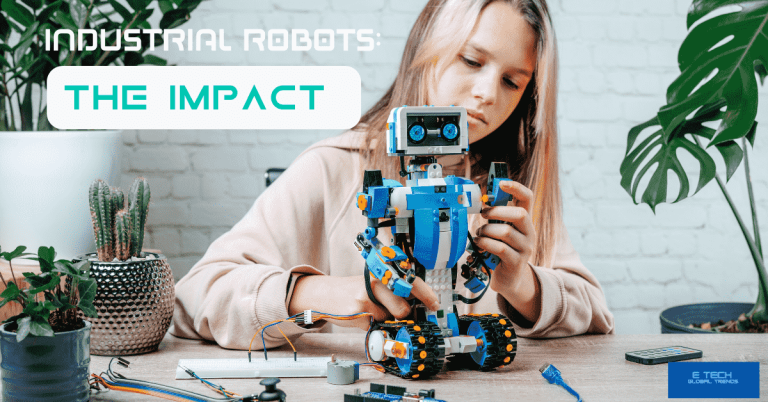AI Music Generator
What is this? Any program driven by AI and able to produce original music and noises is called an AI music generator. In particular, the application compiles and evaluates a sizable music database. and trains the AI using this dataset. This training allows the AI to produce original music.
Some musicians employ AI music generators and create original music to help them in the production process.
An example of a popular platform using AI Music Generator is Boomy. The next one is Soundraw. Synthetic Media is a meta-trend that includes AI music producers.
Over the past 5 years, searches for “synthetic media” have grown by 225%.
Any content production with artificial intelligence considers synthetic media.
What does synthetic media mean?
A general phrase for the artificial generation or alteration of media by “machines” is “synthetic media,” especially when it refers to software that uses artificial intelligence & machine learning.
It is, in other words, media that is created using technology. For this reason, artificial media may also be referred to as “AI-generated media”.
AI-written music, text creation, picture and video, voice synthesis, and other forms of synthetic media are examples of current forms.
The area is constantly growing as synthetic media businesses try to undermine more and more aspects of conventional media while facilitating the production of new products.
The main reason why businesses are becoming more interested in this kind of technology is that it makes it possible to generate content more quickly and affordably than by hand.
This in turn enables the mass production of information that is highly tailored.
Is it possible to develop original AI music?
What is the status of the ability of AI to compose music?
There are various AI Music Generators that can write music on their own. and artificial intelligence (AI) in composing music is currently highly advanced.
Amper Music, which creates music based on many genres and styles, is one of the most well-known and often-used AI music composition systems. It can create music depending on user input, including tempo, key, & design, and it can even produce acoustic recordings to go along with a melody or lyric.
AI Music is another illustration of a system that employs artificial intelligence to compose music. It makes use of a deep neural network to create music in a variety of genres, including jazz, rock, and classical.
Additionally, it has the ability to create accompaniment tracks and even original music in a particular genre to accompany a specific piece of music.
What do we suggest for leading AI music generators
Various AI music composition initiatives and studies are also in progress, like;
- OpenAI’s MuseNet &
- Google’s Magenta,
which employ neural networks & machine learning to produce music that is more flexible, varied, and inventive.
Although these initiatives are still in the research and development stages, their initial results are Although AI-generated music is currently not at the same level as music written by humans,
it is quickly advancing and is already being utilized in several contexts, including;
- video games,
- motion pictures, and
- advertising.
In order to come up with ideas, compose, and create accompanying tracks, music producers, composers, and songwriters also utilize it.
Will AI Music Generators replace human musicians?
Not at all!
But it will be a challenge for the music field.
The place for creative minds will exist forever.
As an example, AI cannot create music like Mozart or German composer Ludwig van Beethoven.
The creation of music by AI is not intended to replace human creativity or composers; rather, it is a tool to support them and offer up new avenues for musical expression. Encouraging.
I believe it will be feasible to develop software that can produce AI music that sounds just like music made by humans.
we are on the verge of a catastrophe. because many creative activities are fundamental to who we are as people. and that gives us a positive sense of ourselves and that others are now simply and more effectively accomplished online.
While we shouldn’t outright reject the development, many people may feel that there is no longer any value in engaging in creative endeavors, which is a difficult situation to face.
I believe that many people will likely join in their rejection of the music and art that AI has produced, potentially forming rival civilizations. Beyond that, it could resist using the internet excessively in general.
Aside from AI Art and music, there is already so much stuff that can see online and shared online. that it has become more difficult for regular humans to keep up. People dislike feeling disconnected from reality, thus this will make them more anxious and stressed out.
What is Google’s AI music creator, MusicLM?
MusicLM is a language model that can produce music in various genres and styles. including jazz, pop, and classical, after the training on a sizable dataset of MIDI files. The created music frequently demonstrates the ability of AI to create high-quality musical compositions since it is complex and multi-layered.
Does Google AI MusicLM produce beautiful music from little instructions?
Yes, Google AI’s MusicLM is capable of creating music using machine learning from brief cues.
The training information as well as the parameters utilized will determine the level of workmanship and aesthetic of the music produced.
The developments achieved by MusicLM along with other AI music generators are certainly astounding, despite the fact that AI-generated music is still a still young topic.
The future applications of this technology and its implications for the music business as a whole remain to be seen.
The Google Magenta project offers Music Transformer. An AI model for creating music is presumably mean by the term “Google Music Language Model” (LM).
The Transformer architecture is like this.
it’s a kind of deep neural network that applies extensively. in the area of natural language processing. serves as the foundation for the Music Transformer.
The Google Music LM is a tool that designers can use to create their own music creation programs, therefore in order to utilize it, you ought to have some knowledge of programming. The model’s code in addition to training data would also be necessary for you to use the model.
What about the copyright of AI-generated music?
Yes, assuming you’re referring to AI-generated music. Online,
there are several AI music generators to choose from. Users may create some content for free,
but they must pay to access additional possibilities and produce work of a higher caliber.
Is music creation by AI now protected by copyright?
No. but has to use under caution.
Because AI does not produce material with the same originality as humans!
created works are not protected by copyright! This idea is not perfect as it seems.
This means if someone holds legitimate AI music with a proper license, none can use the “exact same one” commercially.
so, it’s almost clear no? That is not because of “AI generated”.
But it looks like there will be a significant fact for future AI music generating commercially
Here is why.
Yes, legal ambiguities around ownership and copyright concerns may hinder the growth of the AI music industry’s commercial sector.
Music produced with artificial intelligence (AI) tools, such as neural networks and machine learning algorithms, is now meet as AI music.
Determining who is the rightful owner of the music? made by AI is one of the primary problems with the technology. The individual or group who writes the song has the copyright in traditional music composition.
Because AI music composing of algorithms that were originally trained on already-existing music. the distinctions between the two can, nevertheless, be hazy.
The ownership of the copyright for the AI music is now goes into a issue. along with who should have originally created the training data.
How to legally employ AI-generated music in commercial situations is another problem. There is uncertainty on how to adequately reward AI-generated music composers and owners, and conventional music licensing mechanisms could not apply to this type of music.
The AI music industry’s businesses and investors may be reluctant to invest as a result of these legal issues since they may be wary of doing so in a sector with ambiguous legal frameworks.
Additionally, it may render it challenging for AI musicians to earn money from their work.
In conclusion, legal ambiguities around copyright and ownership concerns can undoubtedly hinder the growth of the AI music industry. Resolving these difficulties is crucial for the development of this subject.
Can I sell the music that an AI music generator creates?
Providing you have the required permissions or licenses, selling music produced via an AI music generator is possible.
To ensure that you are not violating any current copyrights or utilizing any illegal materials in your AI-generated music. of course, you need to be aware of copyright regulations.
Is it possible to use AI Music Generator to create random music?
Yes, there are a number of AI music makers on the market.
Amper Music is among the simplest to use and offers consumers the ability to select the genre, mood, and duration of their music.
Soundraw, MakeUseOf, Google’s AI, which can create musical compositions from text prompts.
AudioCipher MIDI Plugin & Melody Generator are other AI music producers.
1.0 Amper Music
This is a platform for AI-powered music creation that enables users to design unique musical compositions. based on their own requirements and tastes.
2.0 AIVA
An artificial intelligence (AI) composer who can write original music in a range of genres, such as symphonic, electronic, and rock.
AIVA (Artificial Intelligence Virtual Composer) is an AI-driven platform that focuses on creating creative music for a variety of commercial uses, including cinema, gaming, and advertising.
Here are a few characteristics of AIVA:
1.0 AI-generated music
AIVA creates creative music based on user input and preferences using a mix including machine learning, deep learning, & neural networks.
2.0 Music that can customize
Users may alter the genre, pace, and other aspects of the music that AIVA generates.
3.0 High-quality music
To provide professional sound, AIVA’s music utilizes exceptional virtual instruments & sound libraries.
4.0 Rapid turnaround
AIVA can produce music in real time, enabling efficient production and rapid turnaround times.
5.0 Options for licensing
AIVA provides licensing options for the use of the music product for commercial purposes, making it simple for companies to incorporate the music into their projects lawfully.
6.0 User-friendly interface
Even individuals with no background in music creation may easily utilize AIVA’s user-friendly design.
Overall, AIVA is a potent technology. it makes use of artificial intelligence’s compositional abilities to create creative music for commercial use.
It has a number of characteristics that render it a desirable choice for companies wishing to use customized, high-quality music in their projects.
3.0 Landr
It is a platform for music distribution and mastering that automatically polishes and masters recordings, giving them a more polished and professional sound.
4.0 Humtap
A music-making software that analyzes users’ voice and instrumental input using AI to assist in the development of creative music songs.
4.0 Melody Drive
This is a real-time, AI-powered music maker that can produce original, dynamic music based on user input and context.
What is Google’s NSynth?
Google’s latest artificial intelligence model, NSynth (Neural Synthesizer), analyzes musical patterns using machine learning techniques and creates new ones.
original sounds as a result. The model can recognize the distinctive characteristics of many instruments.
and it produces new sounds by mixing and altering these characteristics.
because it was trained on a vast dataset of musical notes.
The text is initially like this. analyze and transform into numerical information that represents different musical elements including rhythm, melody, & harmony.
when utilizing the NSynth framework to create music from the text. The NSynth model then receives this numerical data as input and produces a matching melodic output.
A deep learning model is one that makes predictions using artificial neural networks, such as NSynth. Backpropagation is a technique that uses model training where the parameters of the model. The propagating update is the output error back through the network.
In general, Google’s NSynth model represents an exciting advancement within the field of AI music production. it has the ability to make new and distinctive musical sounds. they are difficult to produce with conventional musical instruments.
It’s crucial to keep in mind that AI music creation is currently in its infancy, and there is still much future work to go and enhance these models.
Can artificial intelligence translate songs into different languages?
Of course, but this is still a huge challenge.
Yes, artificial intelligence can translate songs into various languages. Utilizing machine learning models created particularly for natural language processing (NLP) activities,
such as machine translation, is one strategy.
To train these models for accurate language translation is heavy. massive datasets of parallel text—which include the same content in several languages still possible.
The initial melody, rhythm, and mood of the song must also be preserved while translating a song; this goes beyond simply translating the lyrics.
That is a more difficult assignment that can need more AI models To guarantee. that the translated version accurately reflects the spirit of the original song. and use tools for music production and analysis.
Conclusion-AI Music Generator
It’s impossible to anticipate. the AI will develop to the point where it can replicate human innovation in a manner that is distinct from music that human creation.
This capacity for AI to accomplish for music what enhancement like a stylistic diffusion achieves for art is still a study field. Depending on how quickly AI & machine learning continues to grow and evolve.
some experts predict it might happen over a decade or two.
It’s crucial to remember, though, that AI music utilizes in a number of contexts.
Some AI music, including film and video game soundtracks, are there. already exists as a commercial album.
So, friends, we would like to update you on the latest innovations in this matter.
Thanks for reading the content
Cheers
Read more on related topics AI transcription, AI art, AI text generators

